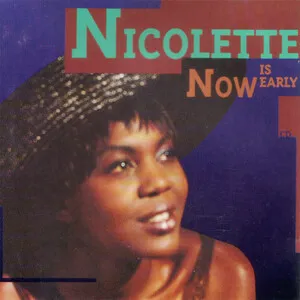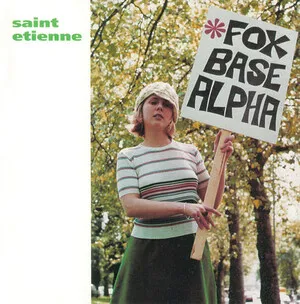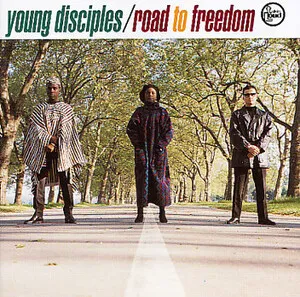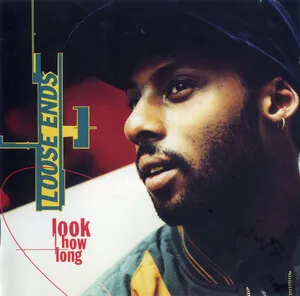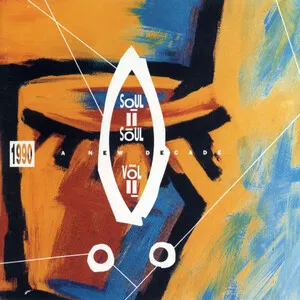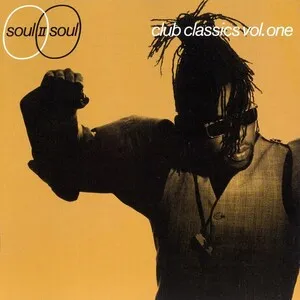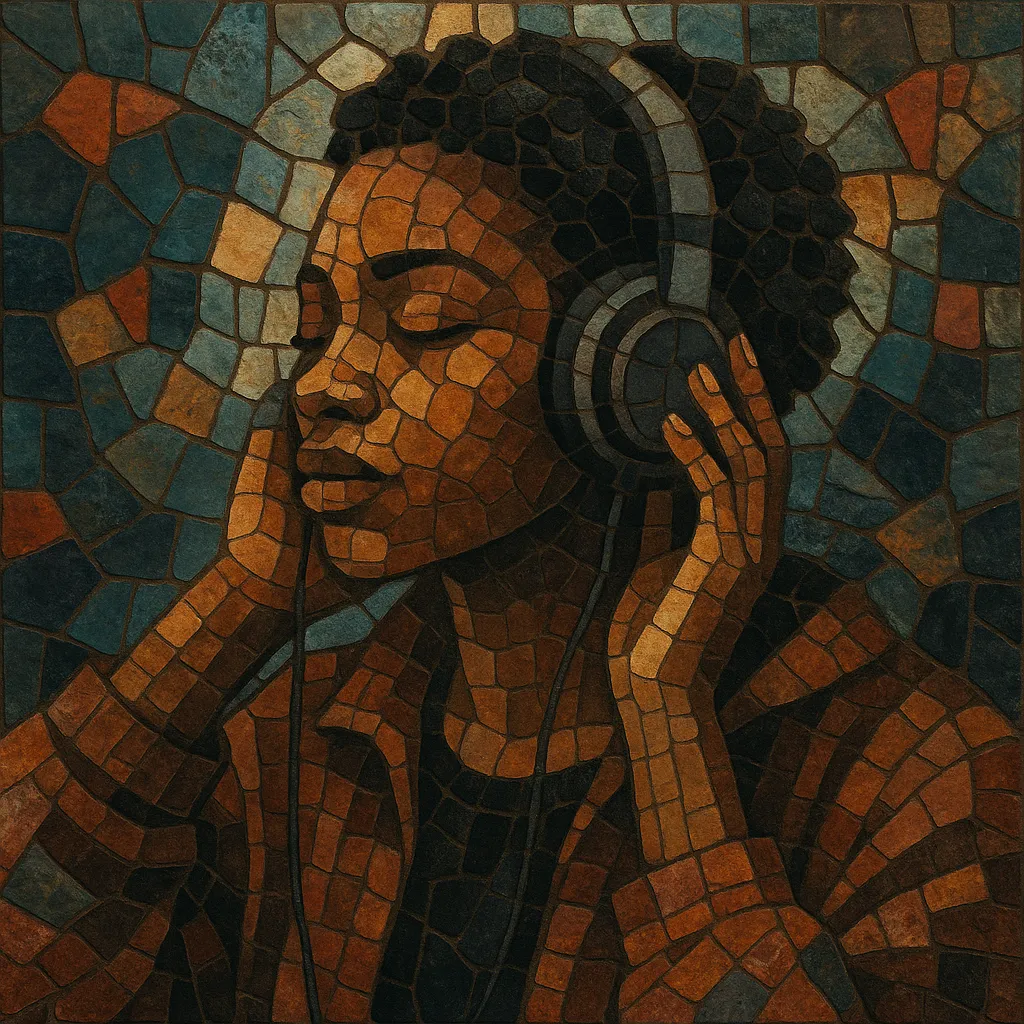
UK street soul is a homegrown British strain of late‑1980s to early‑1990s soul that blends smooth R&B songwriting with DIY production, drum machines, reggae‑informed basslines, and hip‑hop swing. Emerging from Black British communities, pirate radio culture, and independent record shops, it favored intimate vocals, warm synths, and groove‑led mid‑tempo rhythms over big‑budget gloss.
Typically released on small labels and white labels, the sound sits between Britfunk, lovers rock, boogie, and contemporary R&B. It emphasizes lush chords (minor 7ths and 9ths), punchy programmed drums (often 808/909), and tender, conversational lyricism about love and everyday life. The scene bridged underground and mainstream, laying foundations for later UK neo‑soul, broken beat, and UK garage.
UK street soul coalesced in the late 1980s as a distinctly British answer to contemporary American R&B. Drawing on Britfunk’s live‑band sensibility, lovers rock’s intimacy, boogie’s synth‑led grooves, and hip‑hop’s drum programming, young producers and singers in London, the Midlands, and Bristol built tracks at home with affordable gear. Pirate radio (pre‑legal Kiss FM, community stations, and weekend pirates) was crucial for breaking these records.
The scene revolved around independent shops, dubplates, and white‑label 12"s. Producers leaned on drum machines (TR‑808/909), early samplers (Akai S‑series/EMU), and keyboards (DX7/Rhodes emulations) to craft silky mid‑tempo tracks—often 90–105 BPM—with reggae‑tinged bass weight and hip‑hop swing. Vocals were upfront, tender, and conversational, frequently complemented by rap cameos or toasting.
While much of street soul stayed underground, several acts crossed into the charts and mainstream media, helping spotlight the wider ecosystem: collectives like Soul II Soul, and solo artists such as Omar, Mica Paris, Don‑E, and Carleen Wheeler (Caron Wheeler). Parallel experiments in Bristol and London tied the style to the emerging "Bristol sound," where soulful vocals and breakbeats fed into what became trip hop.
Street soul’s emphasis on groove, warmth, and songcraft strongly influenced UK neo‑soul, West London’s broken beat, and the vocal aesthetics that later threaded into UK garage and 2‑step. Decades on, reissue labels and compilations have revived interest in the once‑scarce 12"s, reframing street soul as a key bridge between Britfunk, lovers rock, and the UK’s later R&B and dance innovations.

